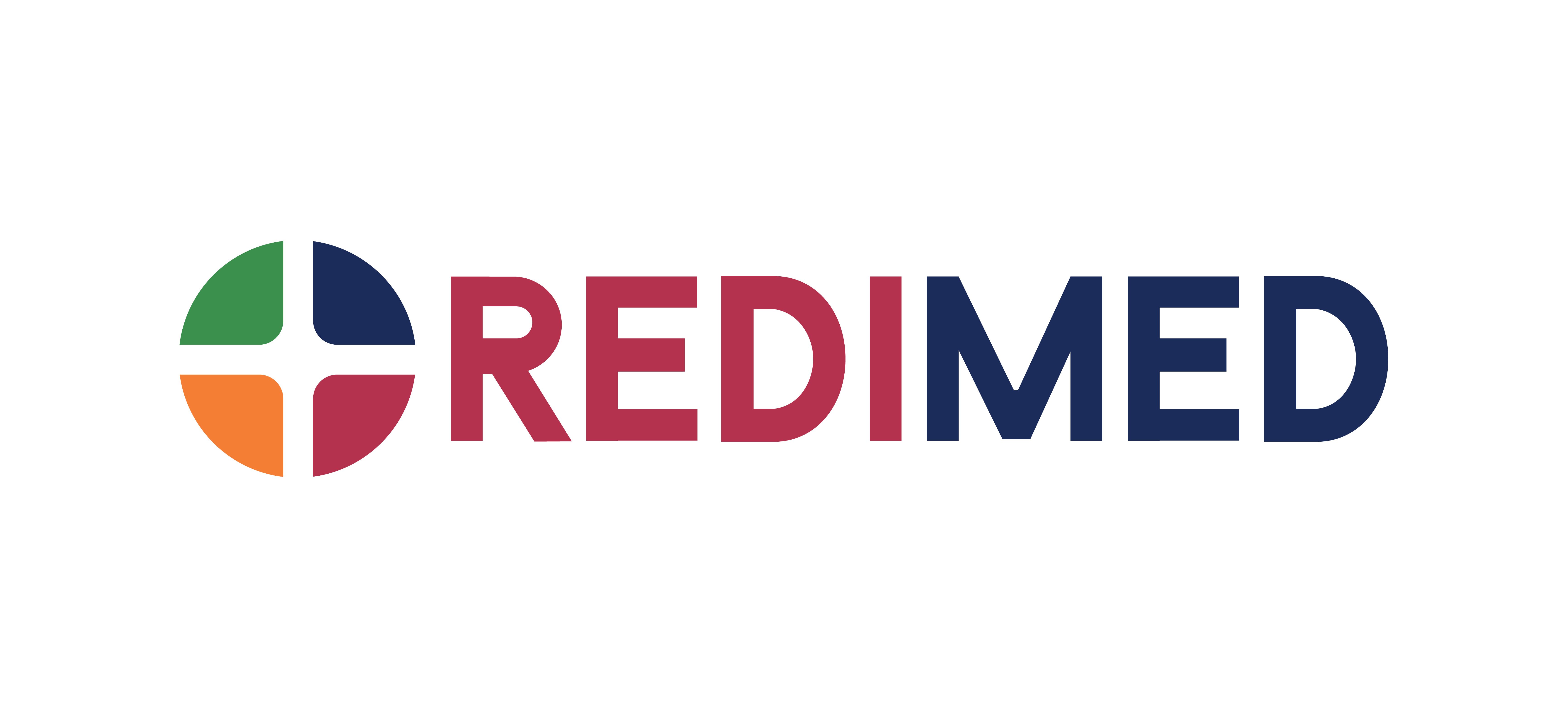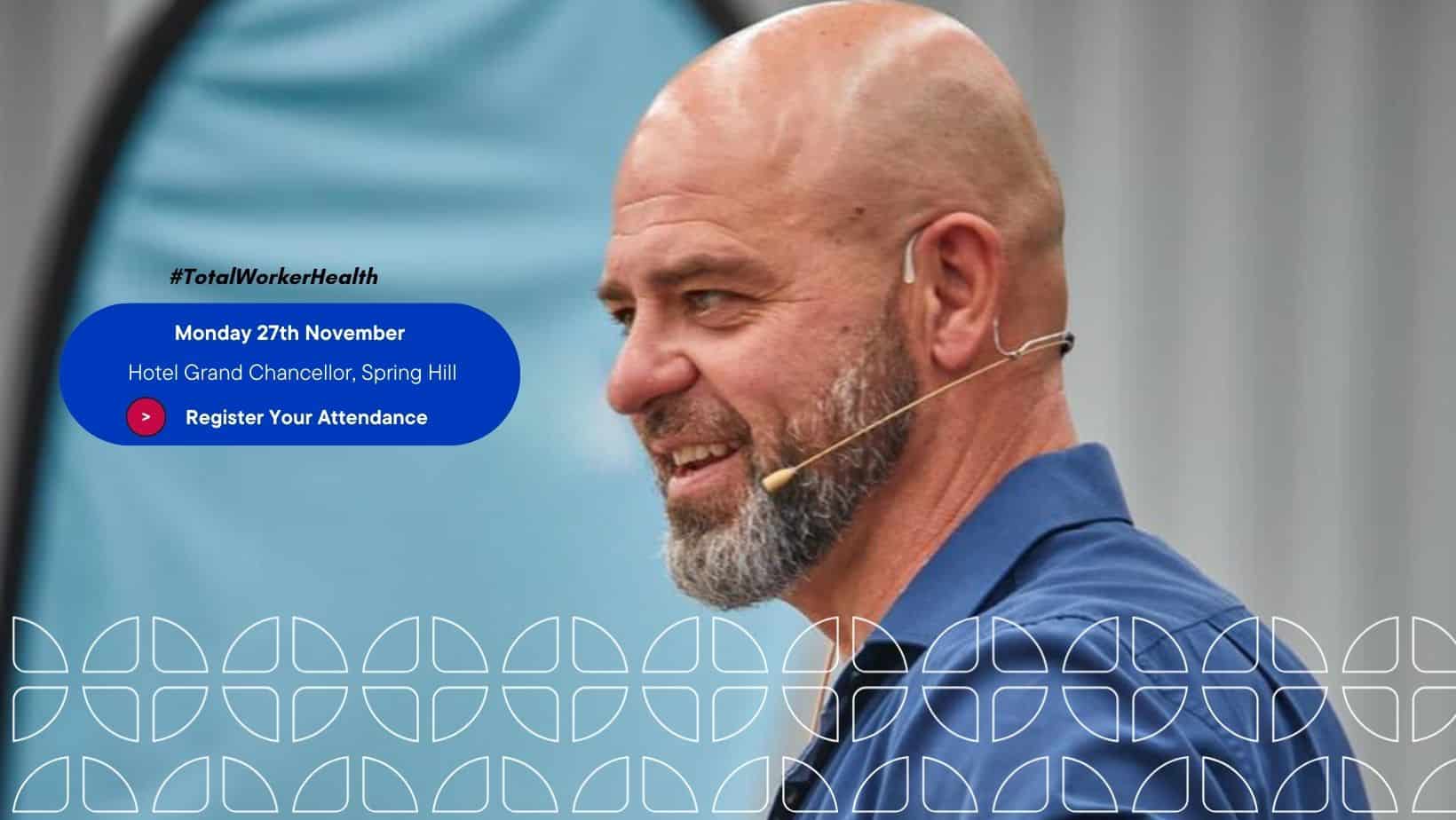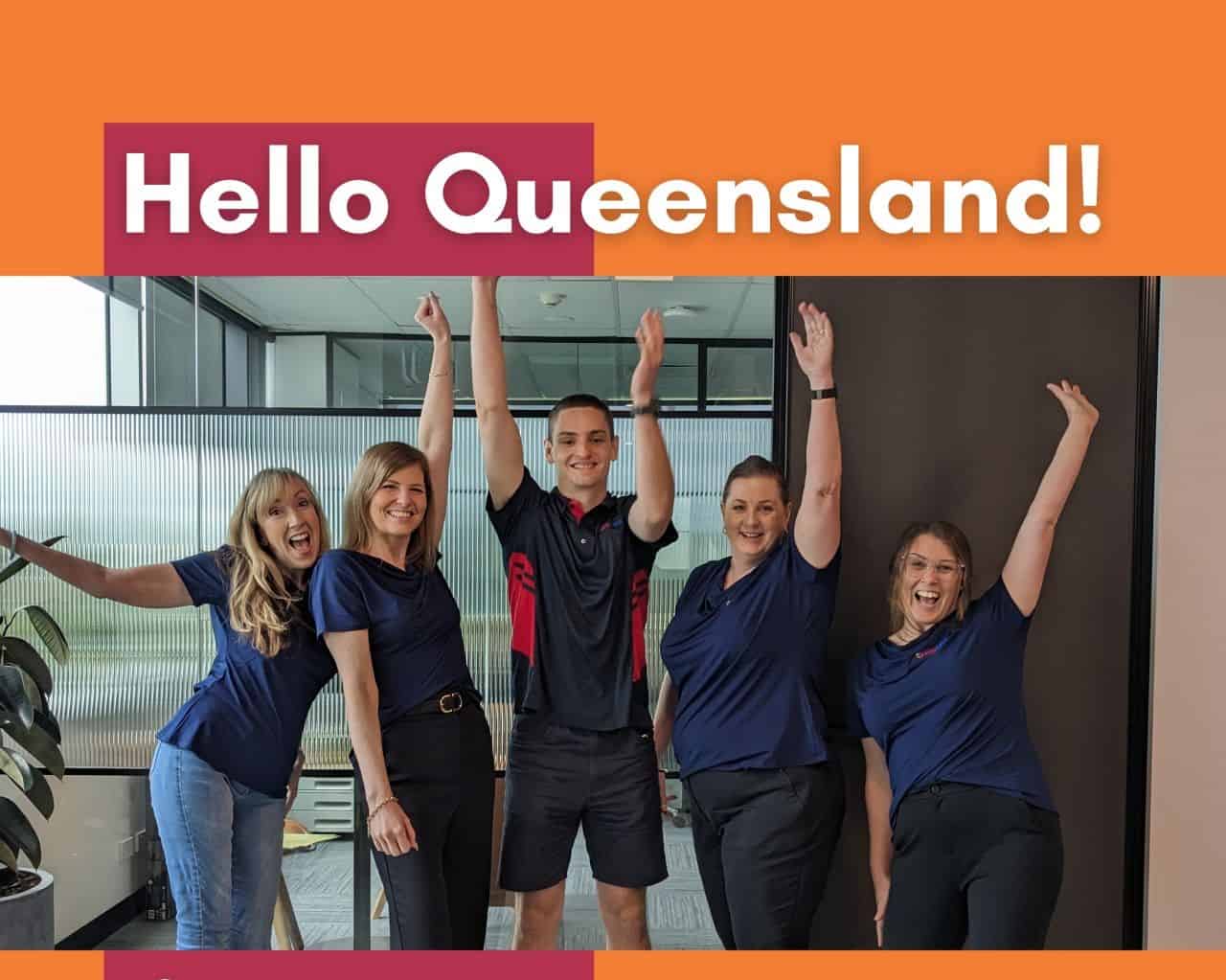Employee health is one of the biggest HR and legal considerations for many businesses – especially those with staff in higher-risk environments like hotels, mines, or construction sites. But finding the right workplace health partner can be difficult.
In this article, we’ll break down the four main criteria you should use to qualify partners and explain why more than 3,000 organisations across Australia choose RediMed for providing Total Worker Health solutions.
Choosing the Right Workplace Health Partner
Exactly what the ‘right’ workplace health partner looks like varies from company to company. Generally, though, your selection criteria will include the following:
- Scope of services
- Service quality
- Service delivery
- Price
When you evaluate a prospective partner, the first thing you need to do is make sure they actually offer services that address the full scope of your company’s health needs. For example, some providers just focus on pre-employment medicals, with no injury prevention or medico-legal service lines.
Once you’ve established that a vendor can do what you need them to, the next step is comparing service quality. Are your people being vetted and supported by qualified medical specialists? Are their injuries being managed appropriately and efficiently to ensure a speedy return to work? Do you receive the level of communication you need to support them in their recovery journeys? Does the vendor have robust QA systems and outcome reporting?
If you’re satisfied with a prospective partner’s quality credentials, it’s time to look at their capacity to deliver the services you need. That can include actual service capacity (not all workplace health providers have enough appropriately trained staff to handle multiple large clients), service locations, contact availability, and responsiveness. If a crisis occurs, you need to know that your health partner will have the right staff in the right place at the right time.
Finally, you need to assess the vendor’s financial suitability. In many ways, health partners are like lawyers – their value isn’t measured in the outcomes they produce per se, but rather in the injury-related costs they help you avoid. Paying slightly more for a better-qualified partner could be the difference between having an injury-free workplace (and speedy recoveries if injuries do occur) and one impacted by payouts, lawsuits, and bad PR.
Why 3,000+ Organisations Choose RediMed
Now we’ve covered what you should be looking for in a health partner, let’s explore why more than 3,000 organisations across Western Australia and Queensland have chosen RediMed.
End-to-End Workplace Health Services
Selection Criteria: Scope of Services
RediMed is an end-to-end workplace health services provider for businesses. In other words, our integrated health model specialises in every aspect of your workplace and employee’s health, saving your business time and money. Our key occupational health service lines include:
- doctor-led pre-employment medical assessments (including CAT rail and coal board assessments)
- respiratory and ear fit testing
- fitness-for-work assessments (for both physical and psychological conditions)
- wellbeing support (through health checks, ergonomic assessments, skin cancer checks, and vaccinations)
- acute injury care and injury treatment
- injury recovery services (including hand therapy, physiotherapy, and exercise rehabilitation)
- medico-legal opinions (including independent medical examinations and permanent impairment assessments).
Rather than manually vetting and liaising with different specialists for different aspects of workplace health, partnering with us ensures everything is housed under one roof. Your dedicated account manager acts as a single point of contact, coordinating the resources you need to keep your workforce healthy and injury-free. It’s more cost- and time-effective than managing a stable of different vendors, and is generally preferable for enterprise-level organisations with multiple involved departments.
Acting as a single, end-to-end partner also means we have the holistic picture. When fast-moving crises emerge, trying to navigate them without proper organisational context can be risky – at worst, crucial information gets overlooked, which can lead to legal and reputational consequences down the road.
Integrated Multidisciplinary Teams
Selection Criteria: Scope of Services, Service Quality
Choosing a health partner with a multidisciplinary team (that is, a team comprising practitioners from different practice areas) isn’t just about minimising costs. Care pathways are almost always, to some degree, holistic in nature – and a coordinated approach invariably leads to better outcomes.
For example, an employee with a hand injury might, at various points in their patient journey, be treated by an emergency physician, a surgeon, a GP, and an accredited hand therapist. Visiting four different providers would be significantly more costly and time-consuming than being treated by one multidisciplinary team – especially if those providers needed to liaise and share patient information.
Multidisciplinary care has also been proven to improve patient outcomes in scenarios ranging from life-threatening trauma to post-operative wound healing. A review of 84 peer-reviewed studies found, for example, that a multidisciplinary approach to wound care led to lower amputation rates, reduced pressure injuries, faster healing, and reduced mortality rates. The main reasons: faster, more efficient treatment, holistically informed decision-making, no inter-practitioner competitiveness, and more robust processes.
Perhaps most importantly, a multidisciplinary approach prevents patients from ‘falling through the gaps’. A 2021 report by the Australian Commission on Safety and Quality in Health Care found that, from 2017–2018, there were more than 330,000 potentially preventable hospitalisations across Australia – a statistic that the report largely attributed to fragmented healthcare. The report’s recommendation: an integrated care model with better communication between providers.
Those benefits are exactly why our team includes a full spectrum of healthcare professionals, such as surgeons, GPs, emergency physicians, physiotherapists, accredited hand therapists, accredited exercise physiologists, psychiatrists, and occupational physicians. Just as importantly, we have an integrated service delivery infrastructure that enables coordinated, silo-free care – one, consistent patient experience, with no complicated referrals or delayed treatment times.
Outcome-Centric Approach
Selection Criteria: Service Quality, Service Delivery
When an employee is recovering from an injury, your health partner should focus on three criteria: recovery time, recovery outcomes, and communication. The ‘injury treatment triangle’ helps ensure that your people get back on their feet quickly, consistently, and in a way that makes costs, claims and timelines easy to track. We closely engage with employers to understand your business needs, the duties that you have, the type of work that you do and what your people require to effectively fulfill their role requirements, whilst minimising on-the-job downtime.
Because we offer integrated, holistic, end-to-end services, we’re able to control outcomes more effectively than if treatment was split across different vendors. Our multidisciplinary approach enables us to track each patient’s process as they transition between different stages of recovery, ensuring that different specialists are deployed only as required. Just as importantly, advice is consistent – your employees won’t be receiving one recommendation from a surgeon, for example, only to receive a conflicting opinion from a hand therapist.
24/7 Urgent Care
Selection Criteria: Service Delivery
If your people operate in live environments – particularly outside of standard business hours – having a health partner that can provide urgent care is critical. (‘Urgent care’ only applies to non-life-threatening conditions. If an employee, contractor, or on-site stakeholder experiences a medical emergency, always call triple zero first.)
Our 24/7 telehealth support includes:
- medical advice from qualified emergency physicians, GPs, occupational physicians, and plastic, hand and orthopaedic surgeons
- instant electronic medical certificates
- immediate electronic referrals for treatment and medication scripts
- organisation of airport transfers for priority access to private hospitals, diagnostic imaging, and RediMed clinics.
When incidents occur in remote locations, for example, our emergency physicians can give direct advice to first responders, improving emergency outcomes. We can also triage patients over the phone, which can include arranging off-site transport and undertaking surgery at one of our partner hospitals.
On-call urgent care can help prevent expensive hospital visits for minor concerns – but it’s also about peace of mind and more effective interventions. Fast, directed treatment can often relieve symptoms of illnesses and stabilise serious injuries, buying your people more time to reach a clinical setting (which we can help arrange and expedite). That, in turn, can improve staff morale and potentially reduce long-term health complications.
Mobile Deployment
Selection Criteria: Service Delivery
One of the hidden costs associated with many healthcare partners is the time required for employees to visit clinics for training, wellbeing support, or treatment. Travel may not be an expense in and of itself (although it often is), but the lost opportunity cost can be significant, particularly if the employees in question are specialised staff like electricians.
In-clinic pre-employment medicals may not be desirable, either. Conducting the entire screening and onboarding process on your organisation’s premises means you can curate your candidates’ experience from start to finish – ideal for securing sought-after talent or building a cohesive company culture.
To eliminate those problems for our partners, each RediMed clinic is equipped with mobile deployment units. We can undertake talent screening, training, and wellbeing support at locations of your choice – and, in non-life-threatening emergencies, can even send emergency physicians out to company sites.
WA and Queensland Locations
Selection Criteria: Service Delivery
RediMed has eight locations across Queensland and Western Australia: Belmont (WA), Bibra Lake (WA), Joondalup (WA), Rockingham (WA), Midland (WA), Perth CBD (WA), Spring Hill (QLD) and Mackay (QLD). If you’re based in QLD or WA, your staff can easily visit one of our clinics at any time of day – and, in time-sensitive scenarios, our mobile units mean we can respond quickly to on-site incidents.
Next Steps
If you’ve read this far, you probably understand how RediMed meets the first three selection criteria we talked about: scope of services, service quality, and service delivery.
By consolidating holistic, end-to-end services under a single delivery framework, we can maintain consistently positive employee health outcomes – and control the associated costs. Just as importantly, our urgent care services are available 24/7, with seven locations across WA and Queensland supported by mobile deployment units.
The final selection criterion, price, varies based on each client’s unique healthcare needs and the needs or requirements their employees must meet. If you think RediMed could be the right fit for your organisation, schedule a consultation to discuss exactly what your organisation needs and how much it will cost. Even if you’re considering other vendors, getting a sense of different delivery models and their associated pricing is a good way to make sure you find the right healthcare partner for the long term.






